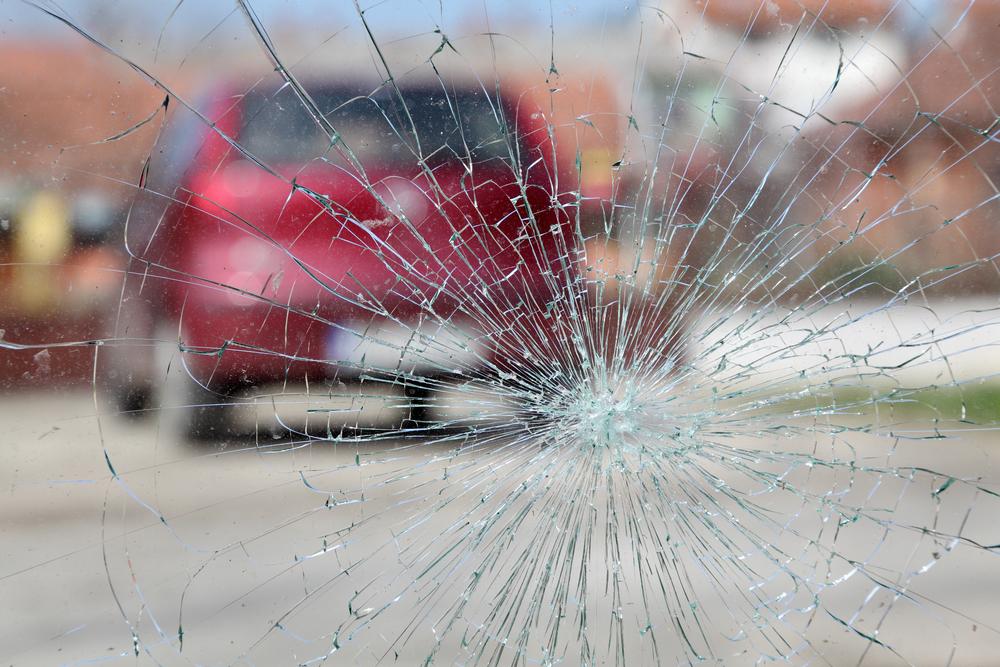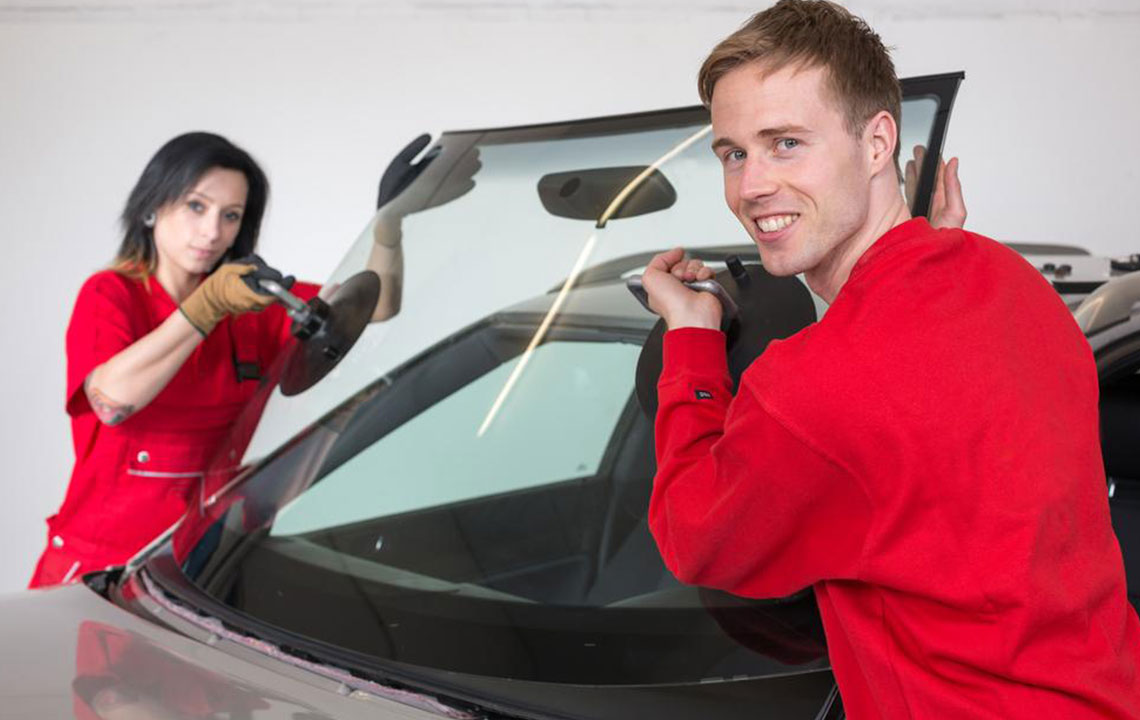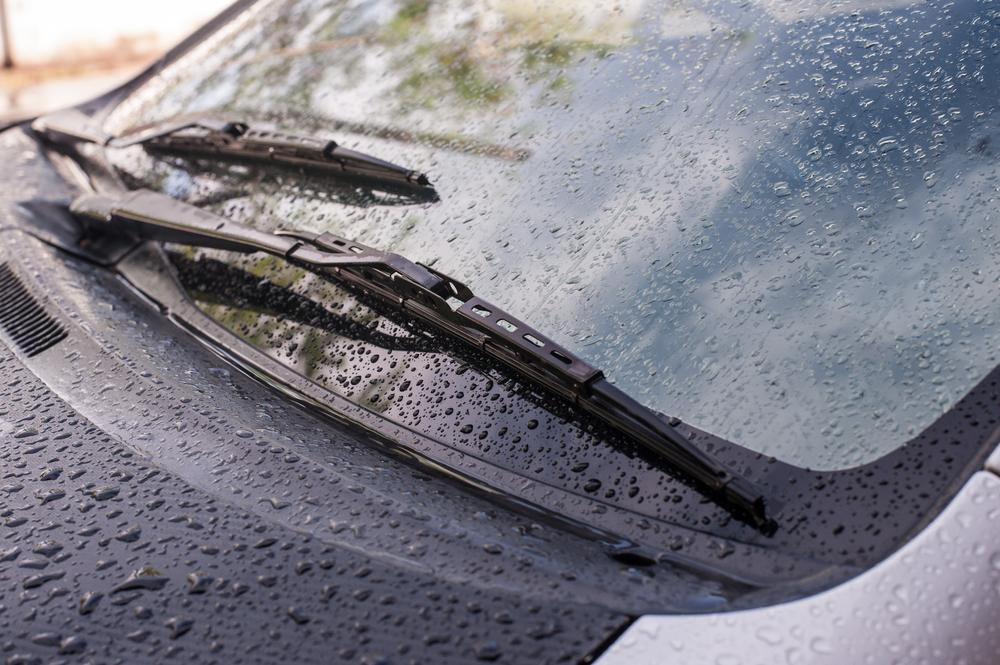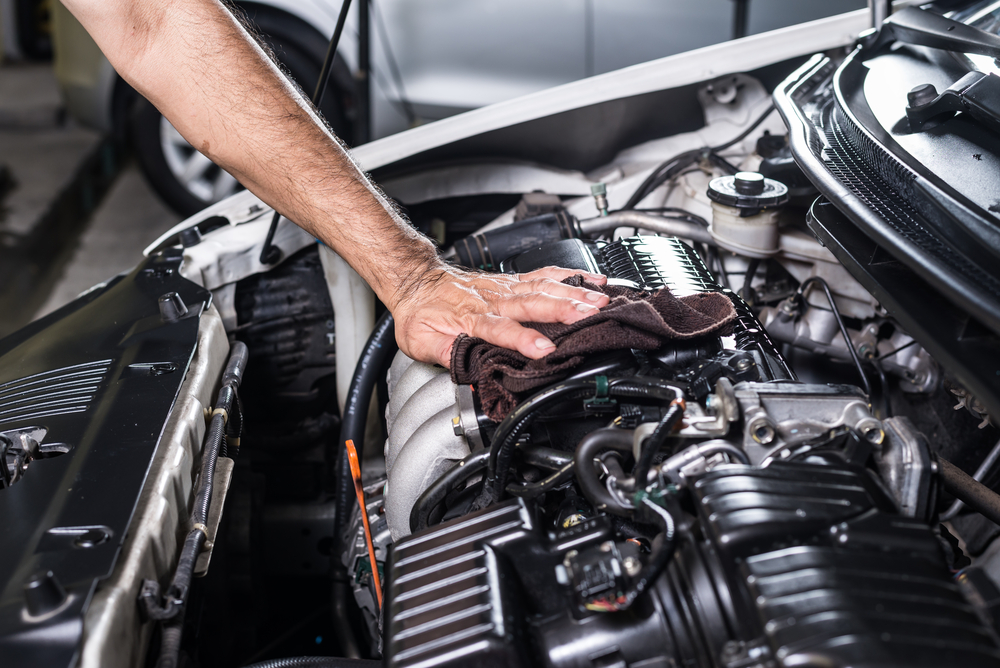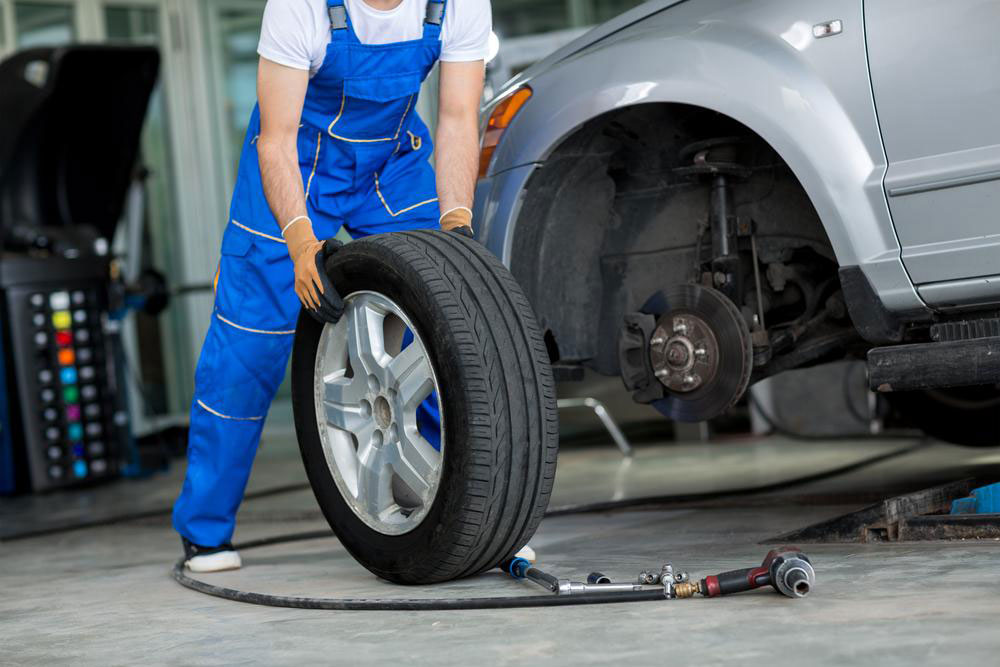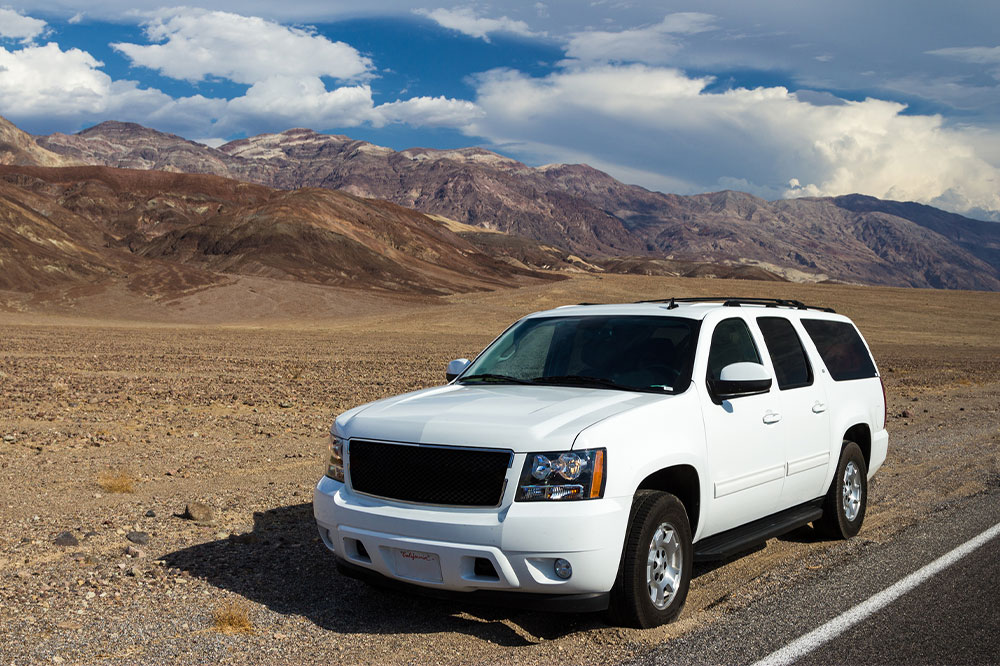Common Causes of Car Window Damage and Effective Repair Strategies
This comprehensive article explains the common causes of car window damage, including flying debris, weather conditions, poor-quality glass, and accidents. It offers expert repair tips, preventive strategies, and insights into timely professional intervention to maintain vehicle safety and extend window lifespan. Whether dealing with chips or cracks, understanding these factors can help car owners protect their vehicles effectively and reduce repair costs. Proper maintenance, quick repairs, and suitable parking habits are essential for safeguarding your vehicle’s windows from damage and ensuring safety on the road.
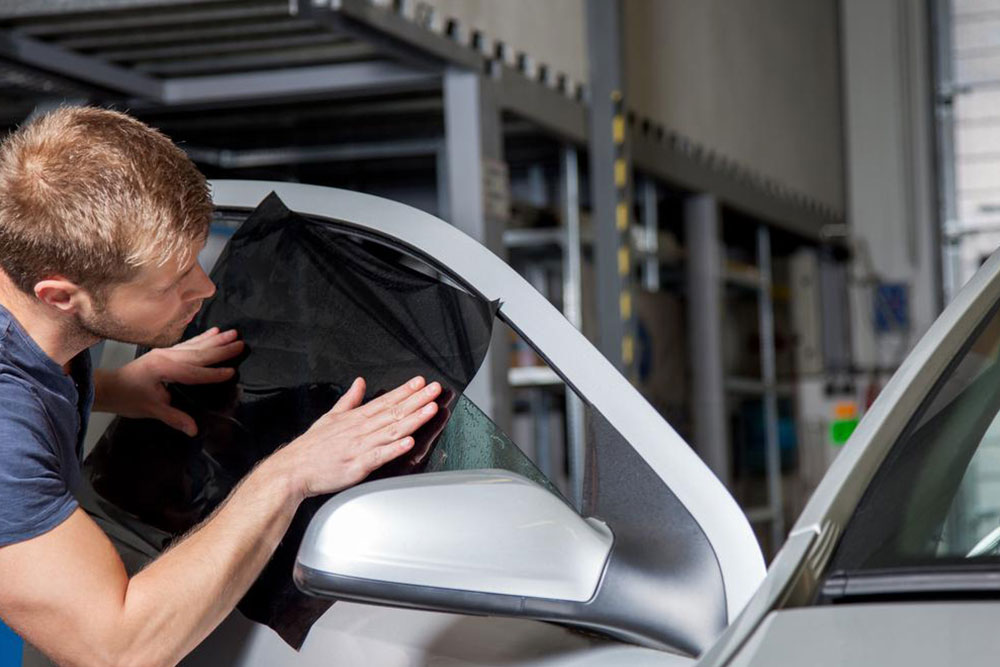
Understanding the Primary Causes Behind Car Window Damage and How to Effectively Repair Them
Car windows play an essential role in ensuring the safety, security, and visibility of your vehicle. They serve as barriers against environmental elements, protect occupants from external hazards, and provide the clarity needed for safe driving. However, despite their durability, car windows are vulnerable to various types of damage caused by different factors. Recognizing these causes and knowing how to address them promptly is crucial in maintaining the safety and integrity of your vehicle. This comprehensive guide explores the main reasons behind car window damage and offers effective repair tips to help vehicle owners manage and prevent further issues.
Damage to car windows, including cracks, chips, or shattering, should never be ignored. Addressing these issues promptly can prevent costly repairs, enhance vehicle safety, and uphold aesthetic appeal. Often, minor damages can be covered or subsidized by insurance policies, making repairs more affordable. Immediate action not only prevents pests, dirt, and debris from entering through broken glass but also reduces the risk of further deterioration, which could compromise the entire window structure.
Primary Causes of Car Window Damage
Flying Debris and Road Hazards: One of the most common causes of window damage stems from flying debris such as stones, gravel, or fragments kicked up by passing vehicles or during road maintenance work. These small objects can strike your windshield or side windows at high speeds, resulting in chips or cracks. Roadwork zones, construction sites, and areas with loose gravel pose heightened risks.
Extreme Weather Conditions: Severe weather events like hailstorms, heavy snowfall, or strong winds can significantly impact the condition of your vehicle's windows. Hail, in particular, causes hailstones to fall with force, often leading to dents, cracks, or shattered glass. Rapid temperature fluctuations can also cause stress to the glass, leading to fractures over time.
Poor-Quality Glass or Manufacturing Defects: The quality of the glass used in manufacturing impacts its resilience. Inferior or low-grade glass is more susceptible to damage from minor impacts or stress. Manufacturing defects such as bubbles or uneven layers can create weak points, which may cause cracks or shattering during normal use.
Accidents and Impacts: Collisions, minor accidents, or impact from falling objects can lead to significant damage. Accidental impacts from doors opening into stationary objects, vandalism, or even impact from animals can also compromise window integrity.
Improper Maintenance or Installation: Incorrect installation of windows or lack of proper maintenance can cause stress points and vulnerabilities. aged or worn-out seals can lead to water or air intrusion, weakening the overall structure of the window system.
Repair Tips and Preventive Measures
Recognizing the causes is the first step toward effective repair and prevention. Here are some valuable tips to extend the lifespan of your car windows:
Regular Inspection: Routinely inspect your vehicle's windows for signs of chips, cracks, or other damages. Early detection allows for quick repairs, preventing minor issues from escalating.
Prompt Repairs by Professionals: Whenever damage occurs, consult a qualified auto glass repair specialist to assess and repair the issue properly. Professionals utilize specialized resins and techniques to restore the window's strength and clarity.
Using Quality Materials: Invest in high-quality glass replacements to ensure durability and resistance to future damage.
Parking Strategies: Whenever possible, park your vehicle in shaded areas, garages, or covered spots to shield it from extreme weather conditions. Avoid parking in areas with loose gravel or near construction zones.
Adequate Maintainance: Maintain proper seals and window mechanisms to prevent leaks and structural weaknesses. Regular cleaning can also prevent debris accumulation that could compromise integrity.
Insurance Coverage: Review your auto insurance policy to understand coverage options related to glass damage. Many policies cover repairs cost-effectively, reducing out-of-pocket expenses for extensive damage.
Taking proactive measures, such as regular inspections and quick repairs, can significantly extend the life of your vehicle's windows. In cases of significant damage, professional repair or replacement is essential to restore safety and visibility, which are critical for safe driving experiences.
